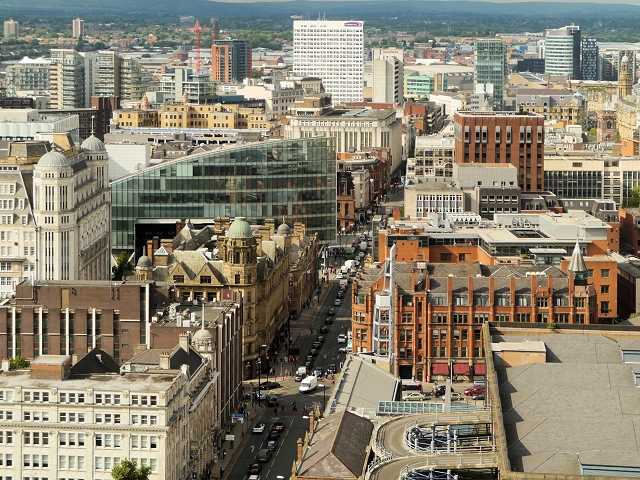
Manchester
EnglandManchester, a city that thrums with a pioneering spirit and a distinctive swagger, often surprises visitors with its depth of history and its enduring influence far beyond the football pitches. It wasn't always the industrial powerhouse it became; its origins lie in a Roman fort named Mamucium, a strategic outpost that hints at its long-standing importance as a settlement and a point of connection. This Roman foundation quietly underpins the city's later dynamism. Consider this: Manchester was the world's first industrial city. The rapid growth of cotton mills and factories during the 18th and 19th centuries transformed it from a market town into a global center for manufacturing and trade, forever altering the social and economic landscape of Britain and the world. The remnants of this industrial heritage, from the grand warehouses to the canals that once teemed with barges, are still visible throughout the city, a tangible link to its revolutionary past. Intriguingly, Manchester boasts a rich musical heritage that has profoundly influenced popular culture. From the groundbreaking sounds of the Smiths and Joy Division to the "Madchester" scene of the late 1980s and early 1990s with bands like the Stone Roses and Happy Mondays, the city has consistently produced innovative and influential music genres, earning it a reputation as a global music capital. The echoes of these iconic sounds still resonate in its vibrant venues and creative spirit. Another fascinating aspect of Manchester lies in its pivotal role in the development of computer science. The "Manchester Baby," the world's first stored-program computer, was built at the University of Manchester in 1948. This groundbreaking invention laid the foundation for modern computing and solidified the city's place at the forefront of technological innovation, a legacy that continues with its thriving digital and tech industries today. Beyond its industrial, musical, and scientific contributions, Manchester holds a unique claim as the birthplace of the vegetarian movement in the UK. The Vegetarian Society was founded in Manchester in 1847, reflecting a long-standing tradition of alternative thinking and social reform within the city. This historical detail highlights a perhaps unexpected aspect of Manchester's progressive history. Furthermore, Manchester is home to the oldest surviving public library in the English-speaking world, Chetham's Library, which was founded in 1653. This magnificent library, with its original fittings and extensive collection of rare books and manuscripts, offers a tangible connection to centuries of learning and intellectual pursuit, a quiet sanctuary amidst the bustling modern city. Finally, for those with a penchant for the unconventional, Manchester boasts a unique tradition of naming its canal boats after famous figures, often with a humorous or local connection. Exploring the city's waterways can reveal boats named after musicians, politicians, and even local characters, adding a touch of quirky charm to its industrial arteries. To explore Manchester is to encounter a city where the echoes of the Industrial Revolution meet the sounds of groundbreaking music, where the foundations of modern computing were laid, and where a progressive spirit has long thrived, all contributing to its distinctive and enduring character.
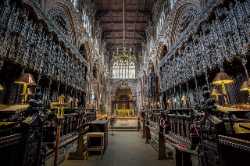 Manchester Cathedral
Cathedral
Manchester Cathedral
Cathedral
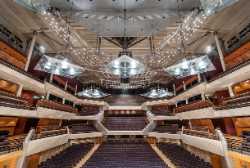 Bridgewater Hall
Concert Hall
Bridgewater Hall
Concert Hall
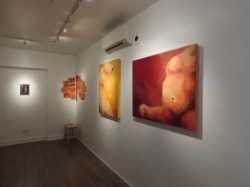 Saan1
Gallery
Saan1
Gallery
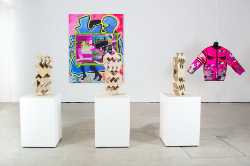 Castlefield Gallery
Gallery
Castlefield Gallery
Gallery
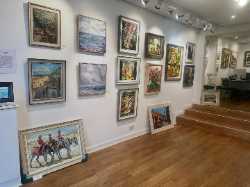 Contemporary Six
Gallery
Contemporary Six
Gallery
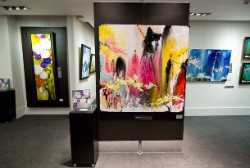 Whitewall Galleries
Gallery
Whitewall Galleries
Gallery
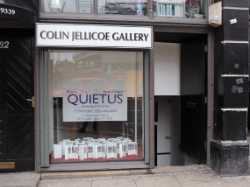 Colin Jellicoe Gallery
Gallery
Colin Jellicoe Gallery
Gallery
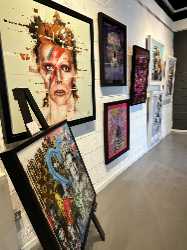 Generation Gallery
Gallery
Generation Gallery
Gallery
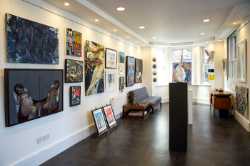 Saul Hay Gallery
Gallery
Saul Hay Gallery
Gallery
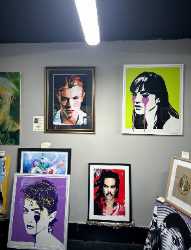 Egoiste Gallery
Gallery
Egoiste Gallery
Gallery
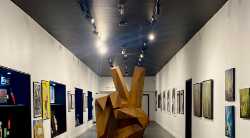 Smolensky Gallery
Gallery
Smolensky Gallery
Gallery
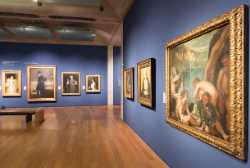 Manchester Art Gallery
Gallery
Manchester Art Gallery
Gallery
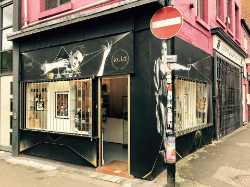 Kula Gallery
Gallery
Kula Gallery
Gallery
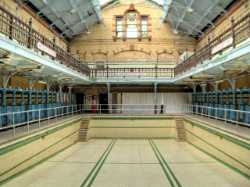 Victoria Baths
Historical landmark
Victoria Baths
Historical landmark
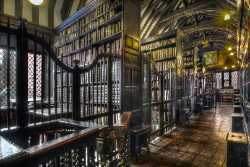 Chetham’s Library & Medieval Buildings
Library
Chetham’s Library & Medieval Buildings
Library
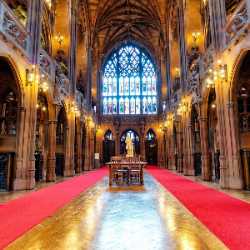 John Rylands Library
Library
John Rylands Library
Library
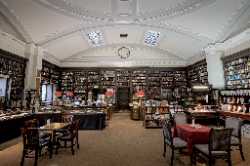 Portico Library
Library
Portico Library
Library
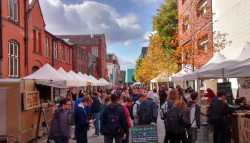 Levenshulme Market
Market
Levenshulme Market
Market
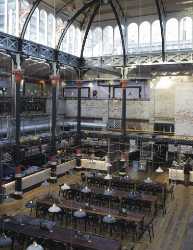 Mackie Mayor
Market
Mackie Mayor
Market
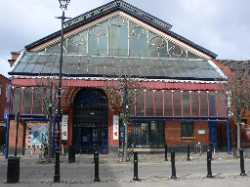 Manchester Craft and Design Centre
Market
Manchester Craft and Design Centre
Market
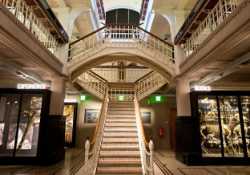 Manchester Museum
Museum
Manchester Museum
Museum
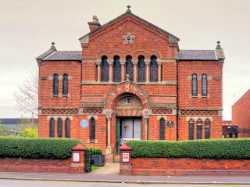 Manchester Jewish Museum
Museum
Manchester Jewish Museum
Museum
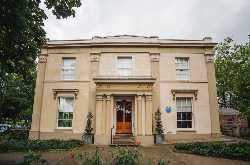 Elizabeth Gaskell’s House
Museum
Elizabeth Gaskell’s House
Museum
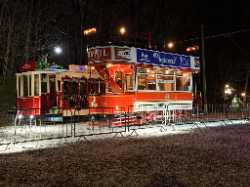 Heaton Park Tramway Transport Museum
Museum
Heaton Park Tramway Transport Museum
Museum
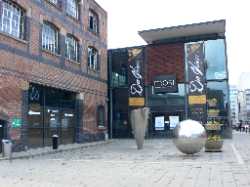 Science and Industry Museum
Museum
Science and Industry Museum
Museum
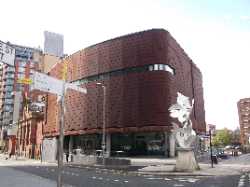 People’s History Museum
Museum
People’s History Museum
Museum
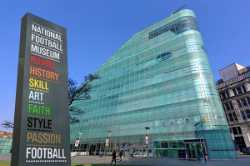 National Football Museum
Museum
National Football Museum
Museum
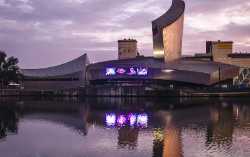 Imperial War Museum North
Museum
Imperial War Museum North
Museum
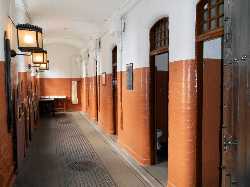 Greater Manchester Police Museum
Museum
Greater Manchester Police Museum
Museum
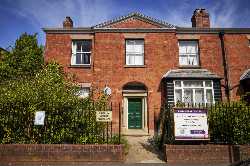 The Pankhurst Centre
Museum
The Pankhurst Centre
Museum
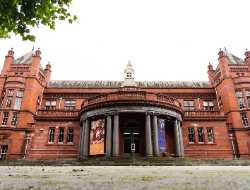 Whitworth Art Gallery
Museum
Whitworth Art Gallery
Museum
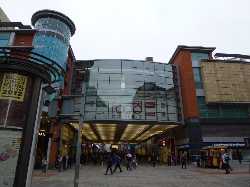 Arndale Market
Park
Arndale Market
Park
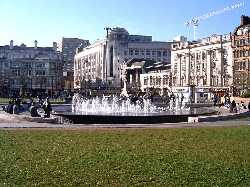 Piccadilly Gardens
Park
Piccadilly Gardens
Park
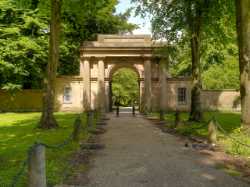 Heaton Park
Park
Heaton Park
Park
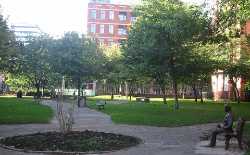 Sackville Gardens
Park
Sackville Gardens
Park
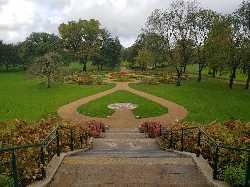 Peel Park
Park
Peel Park
Park
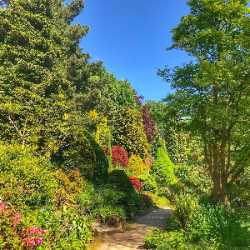 Fletcher Moss Botanical Garden
Park
Fletcher Moss Botanical Garden
Park
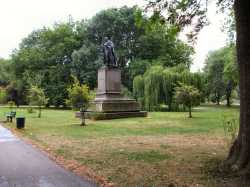 Whitworth Park
Park
Whitworth Park
Park
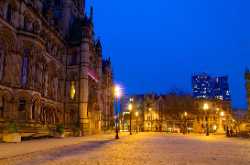 Albert Square
Square
Albert Square
Square
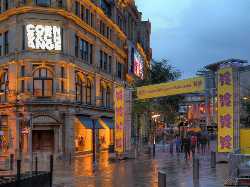 Exchange Square
Square
Exchange Square
Square
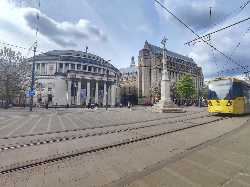 St. Peter’s Square
Square
St. Peter’s Square
Square
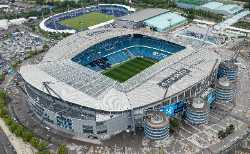 Etihad Stadium
Stadium
Etihad Stadium
Stadium
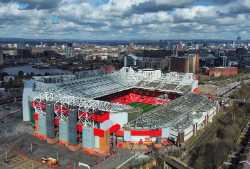 Old Trafford Stadium
Stadium
Old Trafford Stadium
Stadium
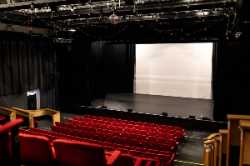 Contact Theatre
Theatre
Contact Theatre
Theatre
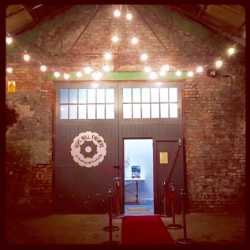 Hope Mill Theatre
Theatre
Hope Mill Theatre
Theatre
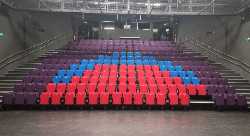 Z-arts
Theatre
Z-arts
Theatre
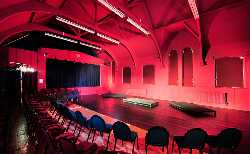 The Edge Theatre and Arts Centre
Theatre
The Edge Theatre and Arts Centre
Theatre
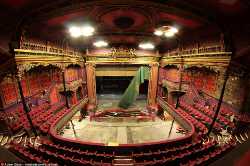 Hulme Hippodrome
Theatre
Hulme Hippodrome
Theatre
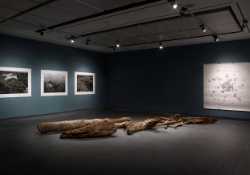 Esea contemporary
Theatre
Esea contemporary
Theatre
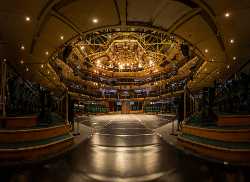 Royal Exchange Theatre
Theatre
Royal Exchange Theatre
Theatre
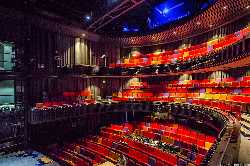 HOME Manchester
Theatre
HOME Manchester
Theatre
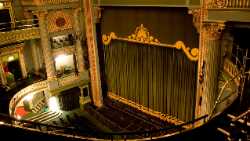 Opera House Manchester
Theatre
Opera House Manchester
Theatre
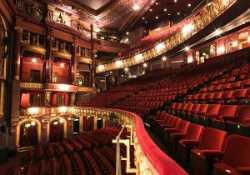 Palace Theatre
Theatre
Palace Theatre
Theatre
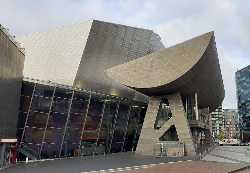 The Lowry
Theatre
The Lowry
Theatre
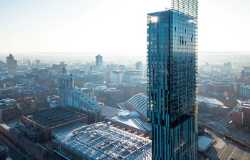 Beetham Tower
Tourist attractions
Beetham Tower
Tourist attractions